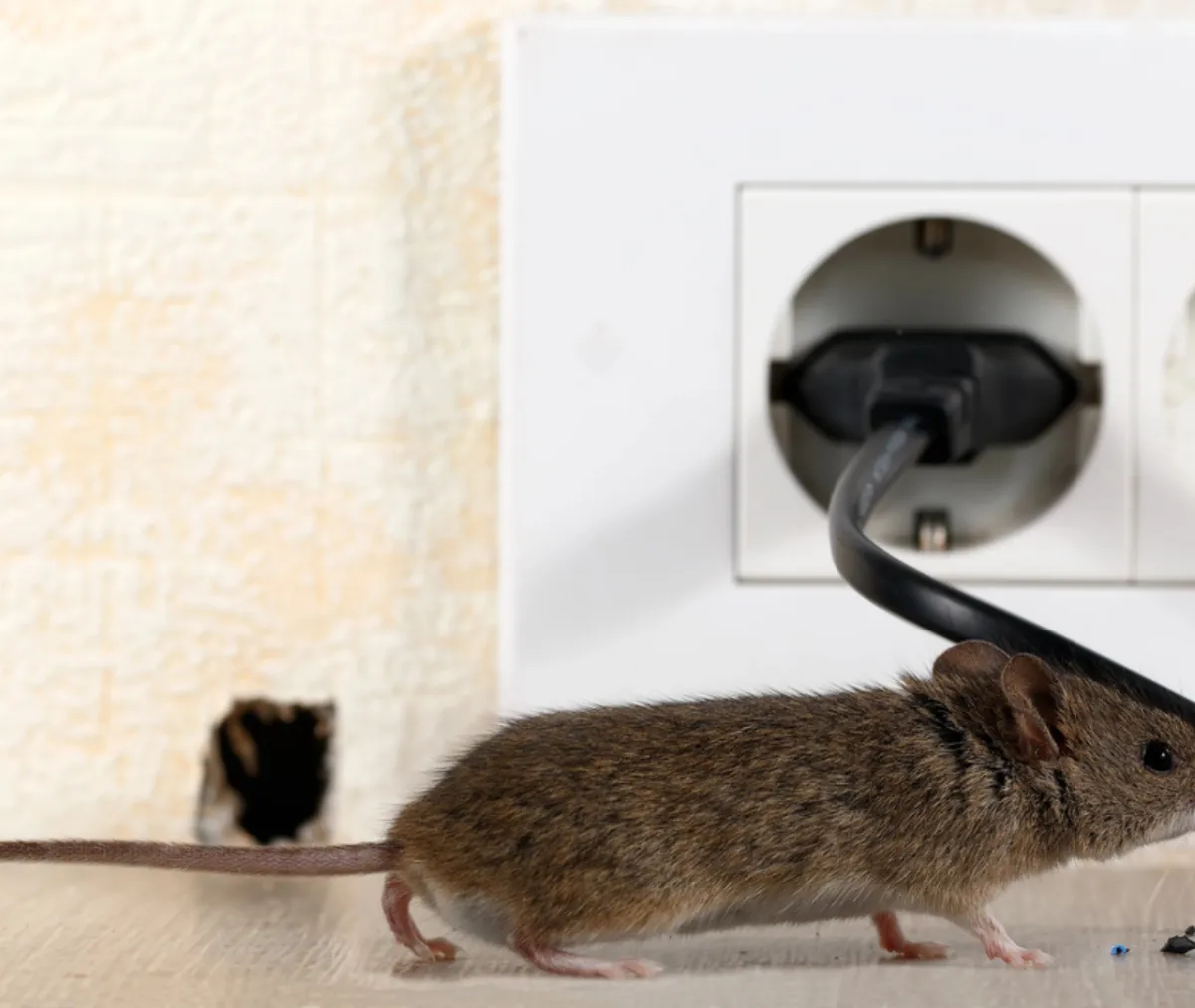
Why should businesses invest in commercial pest control for bugs and insects?
Running a business comes with countless responsibilities—from managing operations to serving customers. One responsibility that often gets overlooked until it becomes a problem is pest control. Bugs and insects such as cockroaches, ants, flies, and termites can infiltrate commercial spaces and cause far-reaching issues. Infestations are not just an inconvenience; they can threaten employee and customer health, damage property, and even jeopardize the reputation of a company.
Commercial pest control is more than just eliminating pests after they appear. It’s about prevention, ongoing monitoring, and long-term protection. Whether your business operates in a restaurant, office, warehouse, healthcare facility, or retail space, professional pest management is an investment in health, safety, and success.
Key Reasons Commercial Pest Control Matters
1. Protects Employee and Customer Health
Bugs and insects are well-known carriers of bacteria and pathogens. Cockroaches, for example, can spread salmonella and E. coli, while flies can contaminate food surfaces in seconds. Mosquitoes introduce the risk of vector-borne diseases such as West Nile virus. Even the presence of ants in a workspace can create sanitation issues.
For employees, allergens from pests can trigger asthma or allergic reactions, reducing comfort and productivity. For customers, encountering insects in a restaurant or retail space instantly raises concerns about cleanliness and safety. Preventing infestations is not only about maintaining hygiene—it’s about safeguarding the well-being of everyone who enters your property.
2. Prevents Property Damage
While many people associate pests with food contamination, they can also wreak havoc on the physical structure of your property. Termites silently eat away at wood, often going undetected until major repairs are required. Carpenter ants hollow out wood structures, while silverfish damage paper and fabric products in storage.
Even small infestations can escalate quickly. A few cockroaches in a kitchen can multiply into thousands within months, spoiling stored food and creating widespread sanitation issues. By investing in regular pest inspections and treatments, businesses avoid expensive repairs and product loss down the line.
3. Maintains Brand Reputation
Reputation is everything in business. A single online review mentioning pests in a restaurant or office can scare away potential customers. In industries such as hospitality, food service, and healthcare, the appearance of bugs is more than a nuisance—it’s a deal-breaker.
Health code violations resulting from pest infestations can lead to fines, shutdowns, and lasting damage to customer trust. On the other hand, a pest-free facility reassures clients and demonstrates professionalism and commitment to safety. Commercial pest control helps businesses maintain the kind of spotless reputation that keeps customers coming back.
4. Ensures Regulatory Compliance
Some industries face stricter regulations when it comes to pest management. Restaurants, grocery stores, and healthcare facilities must comply with health and sanitation codes that require strict monitoring and documentation.
Professional pest control providers not only eliminate infestations but also provide detailed records of inspections and treatments—supporting businesses during compliance audits. Regular service helps prevent violations, penalties, and closures that can disrupt operations and damage credibility.
5. Reduces Long-Term Costs
Many business owners hesitate to invest in preventive pest control, believing they can handle issues as they arise. Unfortunately, waiting until there’s a visible infestation usually costs more. Emergency treatments, structural repairs, product disposal, and lost revenue can far outweigh the expense of regular pest management.
A scheduled pest control plan minimizes risk, catches issues early, and ensures uninterrupted operations. It’s far more cost-effective to invest in prevention than to pay for costly eradication and damage control.
Common Bugs and Insects Controlled in Commercial Spaces
Different businesses face different pest threats, but some of the most common include:
Cockroaches – Thrive in kitchens, food storage, and damp areas, spreading bacteria.
Ants – Invade food preparation spaces and offices, often requiring targeted treatments.
Flies – Quickly contaminate surfaces and food, creating both health risks and customer complaints.
Termites – Cause hidden structural damage that may go unnoticed for years.
Spiders – While often harmless, they can cause fear among employees and clients.
Mosquitoes – Disrupt outdoor dining areas, patios, and employee work environments.
Professionals understand pest behavior, nesting areas, and seasonal activity patterns, ensuring treatment plans that address the root cause rather than just the symptoms.
Why Professional Services Beat DIY Methods
While DIY sprays and traps may provide temporary relief, they rarely solve the underlying problem. Professional pest control offers:
Comprehensive inspections – Identifying entry points, hiding spots, and early warning signs.
Integrated Pest Management (IPM) – A balanced approach that combines monitoring, prevention, and treatment for long-term success.
Safe application – Licensed technicians use chemicals responsibly, minimizing risks to employees, customers, and pets.
Custom strategies – Plans tailored to specific industries and building layouts.
Ongoing monitoring – Continuous protection to prevent infestations from returning.
With commercial properties, the stakes are too high to rely on short-term fixes. Professional expertise ensures problems are addressed thoroughly and sustainably.
Seasonal Considerations for Businesses
Bugs and insects are active year-round, but seasonal patterns influence infestation risks:
Spring/Summer: Ants, flies, and mosquitoes thrive in warm weather, particularly in food and outdoor areas.
Fall: Cooler weather drives pests indoors in search of warmth and shelter.
Winter: Cockroaches, ants, and spiders often establish themselves indoors when outdoor resources are scarce.
A year-round pest management plan ensures that strategies adjust with the seasons, keeping your business protected at all times.
Final Thought
For businesses, pest control is not just a routine maintenance task—it’s a critical investment in health, safety, and success. Professional commercial pest control protects employee and customer well-being, prevents costly property damage, preserves brand reputation, and ensures compliance with regulations.
By working with experts, businesses gain peace of mind knowing their property is protected against bugs and insects year-round. Instead of waiting for infestations to cause problems, proactive pest control keeps operations running smoothly, customers happy, and reputations strong.
A pest-free business isn’t just cleaner—it’s safer, more productive, and better prepared for long-term growth.